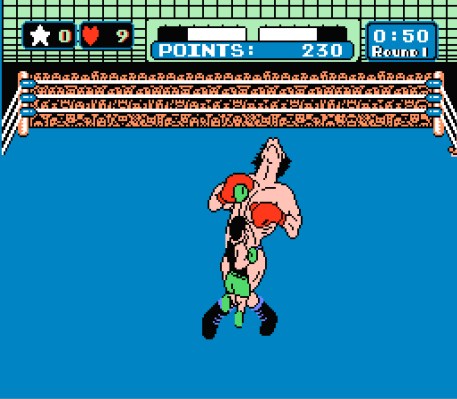As bad as Nokia’s financials look right now – a $4 billion drop in sales won’t make anyone’s day – don’t consider the Windows Phone move a failure just yet. They’ve done what many phone companies have thus far failed to do. They’ve changed swiftly with the times and, more important, they’ve done it in quite admirable way.
If you’ll recall, the first real Android phone was HTC’s G1. Considered a clunker by all but the most die-hard of users, the device sold fairly well, topping out at 1 million units in 2008. But the G1 did something more important than make T-Mobile the first Android carrier – it grabbed a certain user contingent who understood Android, understood the framework, and would follow the platform to the grave. The popularity of the G1 was a direct reaction to the burgeoning iOS platform. The same thing happened in the WebOS space, but WebOS was exactly the wrong thing at exactly the wrong time and is a disaster distinct from the Android launch.
Over time, the maker of the G1, HTC, got better and better at making Android phones. The experience gained from the G1 allowed manufacturers to rejigger their sales strategy, leading to the famous Droid marketing campaign and the hysteria for Google’s Nexus line.
Nokia is in a similar place. The company has pivoted completely. Their popular Symbian smartphones are essentially dead and their Windows Phone line is curtailed until popular adoption grows. They’re essentially waiting. Most important, they’re taking a bath on the Lumia line by pricing it at or below the comfort level of most casual smartphone buyers
They’re selling loss leaders in order to gain market share. Microsoft knows it and Nokia knows it and I assure you HTC, Samsung, and LG know it. They only folks who shouldn’t be worried are Apple but I suspect Microsoft is definitely on their radar.
I can say one thing without equivocation: Windows Phone is better than Android. WinPho is monolithic, there are no clear issues with branching or hardware compatibility (today’s news notwithstanding), and WinPho’s UI familiarity will soon be bolstered by millions of Windows 8 installs around the world. Android is great if you’re a small manufacturer and you just want to dump a stack onto what would have once been called a feature phone. Windows Phone is great if you want the largesse, the popularity, and the trustworthiness of Microsoft behind your product.
So ignore Nokia at your peril. Their strategy is just right at just the right time. Remember: nobody ever got fired for installing Microsoft. Not even Stephen Elop.
